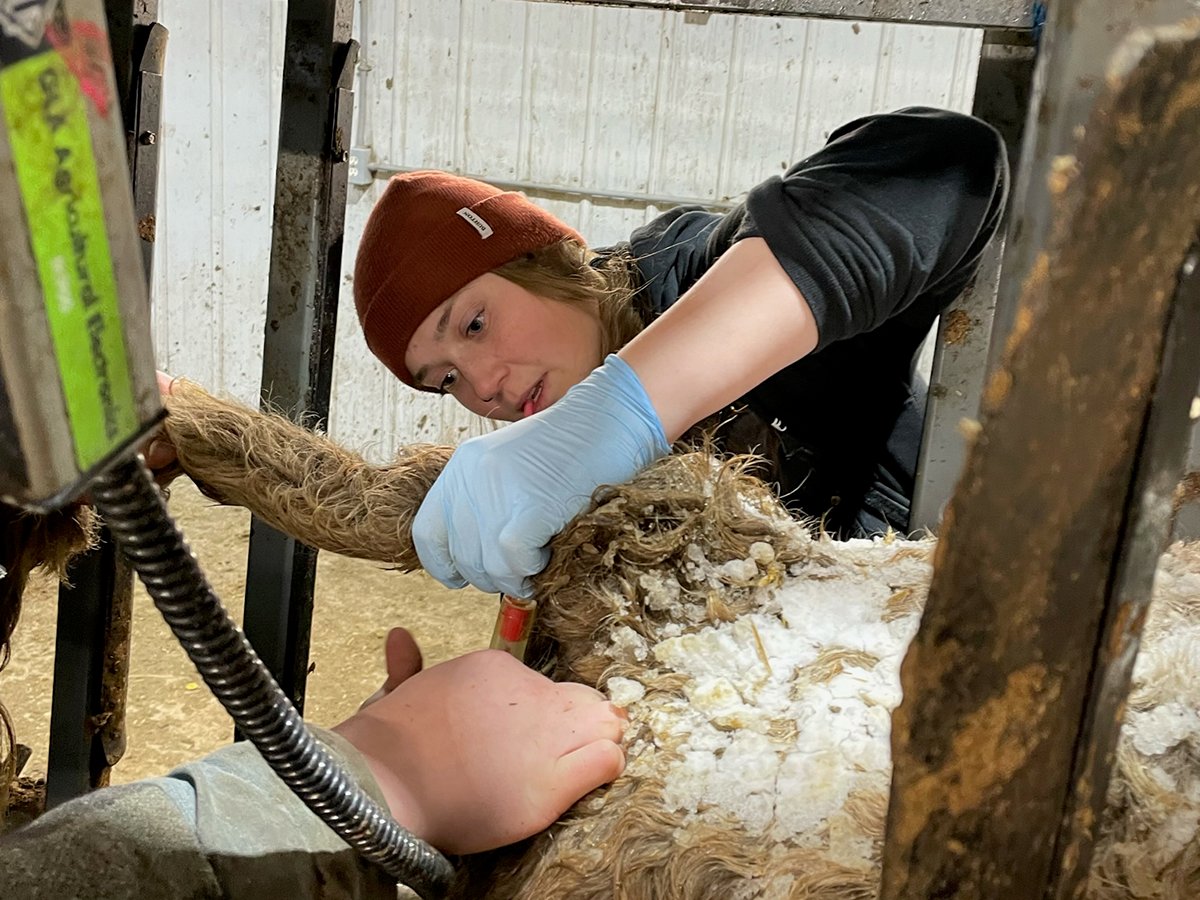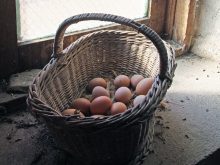Alberta meat industry applauds larger fines for illegal slaughter that will help maintain trust in food safety
Alberta livestock producers and abattoir operators are applauding a move to increase penalties for illegal livestock slaughter and sale of uninspected meat in the province.
Doug Roxburgh, a beef producer from Rimbey and current vice-chair of Alberta Beef Producers, said the changes show support for Alberta’s livestock industries.
“Alberta beef producers stand behind stronger penalties for illegal slaughter practices. Food safety isn’t just a priority for us, it’s a necessity.”
Read Also

Pen riders better than tech at detecting respiratory disease in feedlot cattle, says researcher
Katrina Garneau’s recent research found that pen riders are better than technology at flagging signs of BRD in feedlot cattle.
Roxburgh said Alberta beef producers work hard to produce quality beef that consumers know and trust, and maintaining that trust is crucial.
“With food prices rising and shortages of small-and medium-size packers in the province, we need solutions that don’t sacrifice public safety or animal welfare, but strengthen the industry to protect consumers.”
Jim Johnson, owner of Alberta Prairie Meats in Duchess, said his plant slaughters 60 to 70 cattle each week. He traces the problem of illegal slaughter to a well-intentioned COVID-era program. It allowed producers to bring their animals to another farmer who had an on-farm slaughter licence. The uninspected meat could only be consumed by the original owner of the slaughtered animal.
Now some farms slaughter and sell meat without having an inspector check that it is safe for human consumption.
“The Alberta meat industries work too damn hard earning a solid reputation to have it jeopardized by the few individuals who seek profit by any means,” Johnson said.
“I’m definitely proud of the reputation and the customer base we’ve developed. When a crisis like BSE or COVID hits, it seems like we’re there to pick up the slack. COVID created an extremely high demand on the abattoirs, limiting hook space available for producers. This crisis is what gave rise to the on-farm slaughter program.
“It was rationalized that if it was only allowed between licensee and producer for the producer’s direct use, what harm could it do?”
RJ Sigurdson, provincial minister of agriculture, introduced the changes through Bill 28, The Meat Inspection Amendment Act.
“Alberta is seeing an increase in illegal slaughter of animals and the sale of uninspected meat,” he said during a press conference at the Alberta legislature. “This poses a serious risk to the health and safety of all Albertans, especially children, seniors and vulnerable Albertans.”
Two changes are on the table, including larger fines to deter offenders.
“The previous fine was a maximum of $10,000 for an offence under the Act,” Sigurdson said. “The proposed change will increase the maximum fine to $100,000 for those found guilty of an offence under the Act. This is necessary because it has become increasingly apparent that the current $10,000 fine is not substantial enough to deter illegal activity.”
The second change extends the time allowed to investigate and lay charges.
“The current time is one year following the date that the offence took place. The proposed change will increase the limitation period to two years from the date an offence came to an investigator’s attention,” he said.
Two years will allow more time to investigate complex cases and prosecute those who break the law. In 2022, the province carried out 11 investigations on illegally slaughtered meat. By 2023, the number had jumped to 29. As of Oct. 25, 59 investigations were in effect.
The changes will not increase operating costs for industry or the cost of inspected meat for consumers.
“These changes are important to deter illegal activity and ensure Albertans have access to safe, high-quality sources of meat,” Sigurdson said.
Sale of uninspected meat is illegal in Alberta. Any meat or meat product that is sold or distributed in the province must come from an inspected slaughter facility, abattoir or processing facility. Inspectors are on site during slaughter at licensed abattoirs to conduct inspections before and after.
Alberta has 121 licensed abattoirs. There are 65 meat inspectors and specialists who help with licensing, facility inspections and surveillance.
“These changes are aimed at those who contravene these principles and put the reputation and economy of our meat sector at risk,” said Sigurdson. “The affordability crisis has moved some consumers to think they can purchase uninspected meat and that it is safe. I’m here to say that it is not.”
Lynn McMullen, professor emerita of Food Microbiology at the University of Alberta, said she endorsed Bill 28.
“Operators will be held more accountable, and it will reduce the likelihood that they will continue to operate after being charged with an offence under the Meat Inspection Act. We need inspection to ensure that the animals going into the meat supply do not have animal diseases.”
As well, post-mortem inspection ensures that meat is handled in a manner that reduces the risk of food borne illness for consumers.
“In Alberta, there have been many discoveries of illegal slaughter operations where the meat is harvested and is not handled in a manner that reduces food safety for consumers,” McMullen said.
















